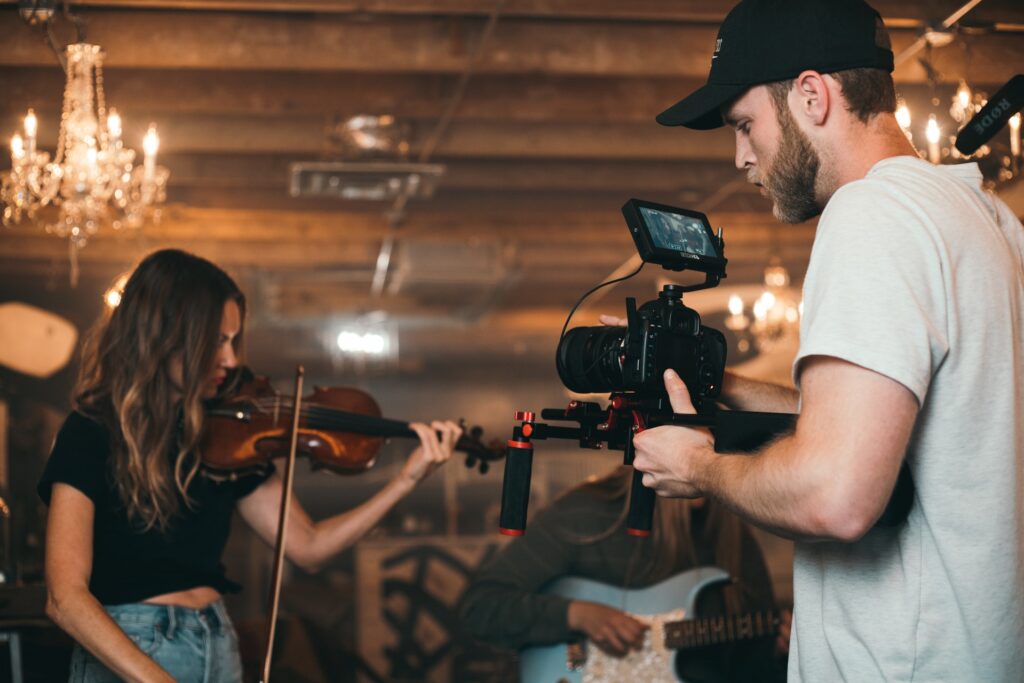
Regardless of whether it came from a business or a pastime, every income earned is taxable. Losses sustained while engaging in a hobby are not generally deductible, whereas commercial losses are.
Where you disclose money on your tax return depends on how the gig is categorized. Schedule C, “Profit or Loss from Business (Sole Proprietorship),” is used to report business income and costs. A filer is required to pay self-employment tax of 15.3 percent on net earnings in order to cover Social Security and Medicare taxes. Schedule 1, “Additional Income and Adjustments to Money,” has a line for “Activity not engaged in for profit income,” where hobby income is noted.
You could have to show the IRS proof that your gig is a company if you haven’t turned a profit in five years. By demonstrating that you have a business license, a business bank account, prior expertise in the venture, and the fact that this type of business can take a few years to turn a profit, you might claim that you are operating a business. Such actions demonstrate that this is being run as a business.
The use of a separate bank account for the earnings and costs of the job can serve as proof that it is a legitimate business. By developing a business strategy, marketing, printing business cards, and enrolling in classes to further your understanding of the activity, you can demonstrate your intention to make a profit.
Keeping records is essential. If you have a genuine business, don’t worry if you’re not yet profitable and don’t think it will be negatively scrutinized. The most important thing is to keep track of all your income and expenses to determine whether it’s a hobby or a business.
If a taxpayer passes the safe harbor test, meaning they’ve achieved a profit in three of the last five years, then it’s the responsibility of the IRS to prove that the activity is not a business. The burden of proof shifts to the IRS, who would need to allocate resources to challenge the classification. The IRS may argue that it’s not a business, but they must have the evidence to back it up.

